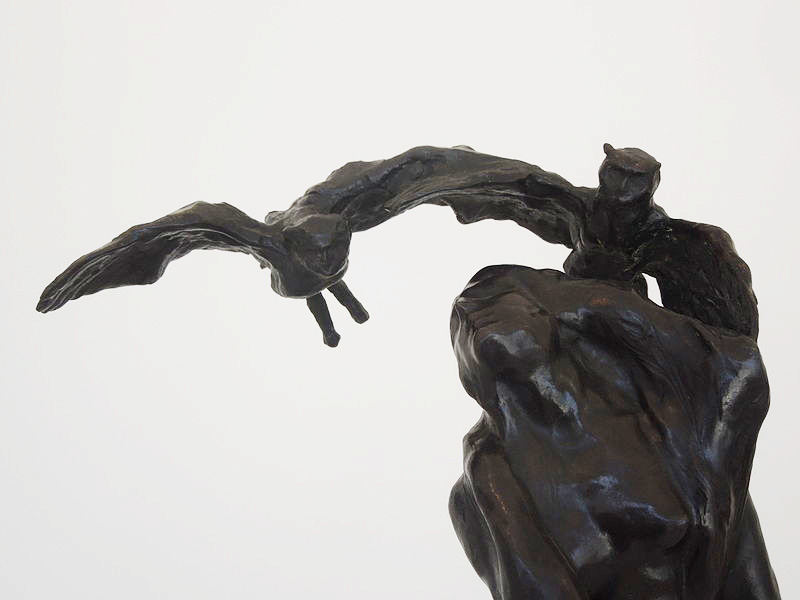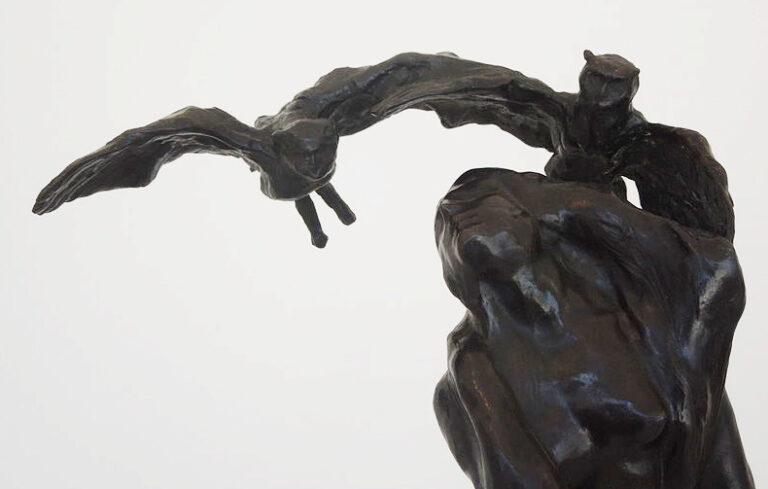It’s troublesome to comply with current occasions in Israel – the newest salvo of cascading violence in a warfare that has lasted greater than seventy years, typically raging, typically simmering, all the time current – with no sense of rising despair.
As this text is written, Israeli forces are on the verge of invading northern Gaza, the fault strains of latent battle are tearing throughout the area, and the already hundreds of deaths more and more seem like merely a harbinger. are of a fair better tragedy.
The case for de-escalation is depressingly easy. Escalation is a elementary characteristic of any warfare, however it shouldn’t be interpreted as a figuring out issue that rigidly establishes a causal chain of occasions. Violence has no intrinsic logic, it dictates no necessity; which means that any escalation of violence, as Carl von Clausewitz argued, is actually a political situation. We combat wars for political causes, and we clear up them solely by political means.
Wars grow to be extra protracted and harmful, mindless and disabling, because the political state of affairs turns into extra disturbed – stifling doable alternate options to easily prolonging violence, and thus giving warfare the misleading air of necessity.

Bohumil Kafka, ‘Sleepwalker’, 1906, Nationwide Gallery Prague. Supply: Wikimedia Commons
I suppose that is the state of affairs in Palestine: the overlong deadlock of the two-state resolution, coupled with inside divisions which have steadily weakened the polity of each Palestinians and Israelis, has led to a state of affairs through which the extremes are more and more triumphing and bringing these two historic peoples additional on the trail of a warfare with out finish.
Once more, this isn’t because of any intrinsic logic of violence, however solely to the dynamics of an more and more deteriorating political state of affairs. When Anwar Sadat was assassinated in 1981, peace with Egypt held, indicating a political resilience amongst moderates that has steadily diminished since Yitzak Rabin was shot in 1995 and now seems all however eradicated.
None of this argues decisively in opposition to the straightforward plea for de-escalation: essentially change the political dynamic by refusing to escalate violence, and use that refusal as a springboard to create situations to reasonable the affect of the extremes. As soon as once more, reasonable leaders have the higher hand, in search of a long-lasting peace primarily based on the basic ideas of human dignity, and denying any political veto to the terrorist.
There is no such thing as a decisive political argument – and positively not even a half-decent argument military argument – that the one method to reply to the mass homicide of civilians is to interact in city battles with a finite group of militants who’re completely keen to make use of the very folks they’re supposedly combating for as human shields. That is as absurd as saying that the one significant technique to handle the struggling of the Palestinian folks is to slaughter Israeli civilians. The political state of affairs within the aftermath of both motion doesn’t essentially change, the warfare will all the time proceed, and the one advantages you may ever reap are the empty satisfactions of revenge – satisfactions that I’ve all the time discovered morally repugnant.
But the straightforward, the apparent, is commonly the primary sufferer of the warped politics of warfare, with its corrosive mobilization of hatred.
My deepest worry – and never only for Israel and Palestine, however for a lot of different elements of the world the place political accountability is undermined by the narcotics of concern and resentment – is that our political life is presently in a downward spiral due to which choices appear to be more and more restricted, more and more sure to the non-solutions of ongoing conflicts.
We show as soon as once more that we’re victims of violence, regardless of all of the legacies of a historical past through which we’ve got sleepwalked right into a collective disaster time and again.
October 18, 2023

